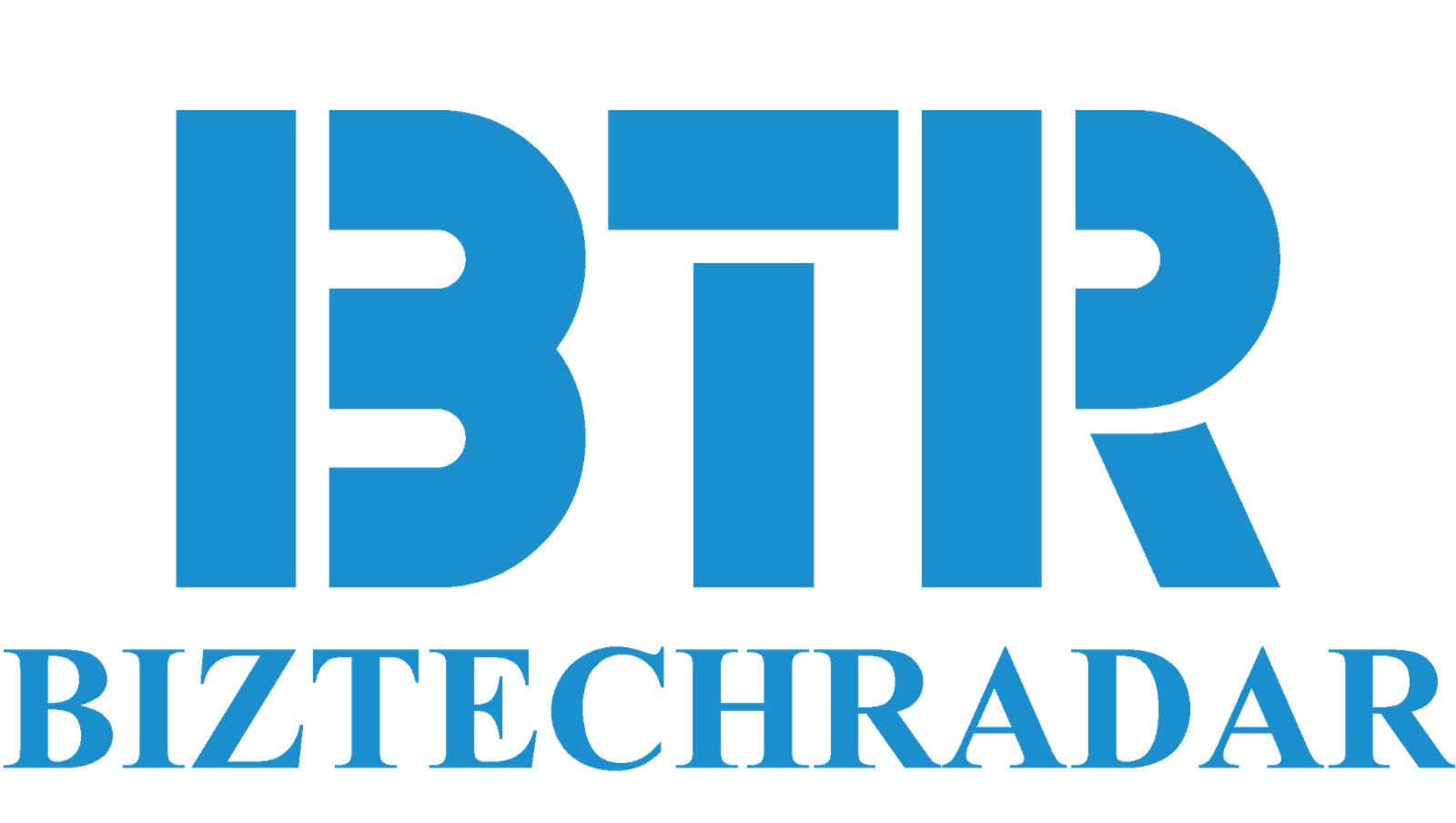Newly Launched, Peer-To-Peer Platform Allows Participants to Protect and Control Their Data, While Benefitting from the Shared Insights of Entire User Network
Comcast Cable Advertising, a division of Comcast Corporation, launched the next phase of Blockgraph, an industry initiative designed to create a secure way to use data and share information. Comcast is now working with other industry partners on this initiative, including Viacom and Spectrum Reach, the advertising sales division of Charter Communications, Inc., in a collaborative effort that will facilitate the secure exchange of privacy-compliant audience insights for addressable advertising. Additional media companies and MVPDs participating will be named shortly.
“It’s imperative that the use of data prioritizes the privacy of consumers’ personal information”
Blockgraph is designed to become the “identity layer” for the TV industry, providing a platform on which media companies and publishers can offer marketers best-in-class data capabilities without disclosing identifiable user data to third parties – adding additional protections to user privacy.
Also Read: Online Marketing Agency, fishbat, Explains How Using Hashtags Can Grow Your Brand
At the core of the initiative is the Blockgraph platform, a blockchain-enabled software, incubated to date within Comcast’s FreeWheel group, which allows TV and media companies to control, connect, and safely activate their data at-scale. Comcast developed this software with the end goal of improving the efficiency and effectiveness of data-driven TV marketing and advertising, resulting in better planning, targeting, execution and measurement across screens.
Blockgraph helps solve data activation challenges for all parties within the global TV advertising ecosystem, including sellers of media, buyers of media and, importantly, consumers of media. An inherent characteristic of the platform is consumer privacy, since each Blockgraph participant’s data stays in its own systems and the participant continues to protect the data and manage the privacy of its users, including respecting any user choices regarding the use of the data.
“Data is a valuable and sensitive asset for media companies and consumers so understandably, it must be protected,” said Jason Manningham, General Manager, Blockgraph. “At the same time, data is now the fuel powering media and advertising. The TV community needs to ensure that we can compete with the data capabilities of digital-first companies. We understand that providing a safe way to protect data while benefitting from collective insights is the path forward. And we believe Blockgraph offers that path.”
Today, stitching together data attributes between two parties, such as an advertiser and a media company, generally requires sending data to a centralized third-party provider. This provider does a bi-lateral blind match between the two parties, then sends back non-identifiable data segments that can be used for targeting or measurement. In contrast, Blockgraph is a peer-to-peer platform that allows all participants to perform blind matches directly with one another, secured through encryption technologies, non-identifiable data and blockchain protocols. In addition to greater security and control, Blockgraph allows participants to benefit from shared learnings of the network as additional attributes are matched against encrypted Blockgraph Identifiers.
Also Read: New Browser APP Makes Your Life Easier
Comcast is currently working with NBCUniversal to test Blockgraph’s capabilities with plans of incorporating it into its addressable offering in early 2019.
Comcast is also in talks with several other potential Blockgraph participants for future rollouts to escalate the initiative’s scale and backing. Key among these is Viacom, whose early involvement as a leading partner in providing feedback to help shape the product roadmap and structure of the Blockgraph initiative has been integral in elevating its impact and adoption.
“Viacom has long been committed to advancements in television advertising and industry collaboration to deliver better ads for clients and enhance the consumer experience,” said Kern Schireson, Executive Vice President, Chief Data Officer, Viacom. “We’re happy to partner with Comcast on Blockgraph’s technology and platform to facilitate the valuable exchange of data insights as a necessary catalyst to scale our collective capabilities.”
Spectrum Reach is another leading collaborator with early involvement helping to shape the initiative.
“It’s imperative that the use of data prioritizes the privacy of consumers’ personal information,” said David Kline, Executive Vice President, and President of Spectrum Reach. “Blockgraph’s technology offers enhanced security and privacy protections by allowing all players within the TV ecosystem to directly share insights derived from anonymized and aggregated information. We support this initiative believing it will help set the standard for secure information sharing in the years to come.”
Also Read: New Anti-Counterfeiting Platform Secures Up To 99% of All Sorts of Fraud for Consumer Brands
“Blockgraph is another example of the industry coming together to adopt new standards and technologies that will allow us to compete more effectively as a medium, while simultaneously delivering more value to our advertising clients,” said Paola Colombo, General Manager Adtech & Business Development at Pubitalia, the advertising unit of Mediaset, Italy’s leading commercial broadcaster. “Since Blockgraph is a peer-to-peer network, the greater the adoption by the TV industry, the greater the potential depth and scale of its data insights. We look forward to working together with our partners on this collaborative effort.”
“Comcast has invested in building the Blockgraph technology, but we do not want this to remain solely a Comcast-led initiative. We are inviting the entire TV industry to participate in Blockgraph so that it becomes a true industry undertaking,” said Marcien Jenckes, President, Comcast Cable Advertising. “When scaled, non-personably identifiable data becomes available to all, the focus shifts to what a provider is able to do with that data and how it can be used to drive outcomes. We believe that when advanced data capabilities are paired with TV and premium video’s awareness and engagement advantages, results will be difficult to beat.”
Recommended Read: Micro-Influencers, Journalism’s Comeback and Live Video Top Trends for Public Relations in 2019

